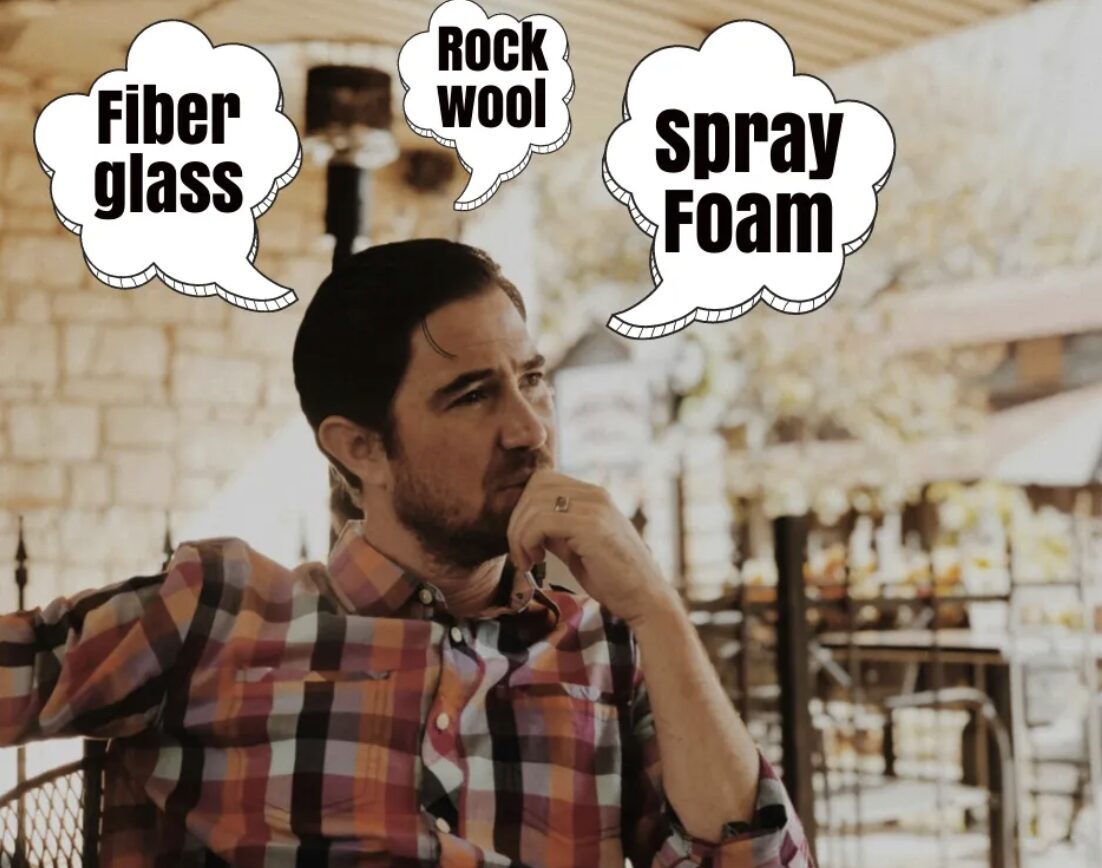What Is The Best Insulation For A Metal Building?
When planning a metal building, insulation is one of the most important considerations. Proper insulation regulates temperature, reduces energy costs, prevents moisture issues, and can even provide soundproofing benefits. However, with so many options available, it’s essential to choose the right insulation based on your geographical location and specific building needs. In this ultimate guide, we’ll explore every thermal insulation option, vapor barriers, soundproofing solutions, and how to make the best insulation choice for your climate and budget.
Why Insulation Matters for Metal Buildings
Unlike traditional structures, metal buildings conduct heat and cold more easily. Without proper insulation, they can become unbearably hot in the summer and frigid in the winter. Additionally, metal surfaces are prone to condensation, which can lead to rust, mold, and other moisture-related problems. The right insulation system helps regulate temperature, prevents condensation, and creates a more comfortable and energy-efficient space.
Types of Metal Building Insulation
1. Fiberglass Batt Insulation
Fiberglass batts are one of the most common and cost-effective insulation options. They come in rolls or pre-cut panels and are typically installed between the framing members of a metal building.
- Pros: Affordable, easy to install, provides good thermal resistance (R-value)
- Cons: Can absorb moisture if not installed with a proper vapor barrier, may sag over time
- Best for: Moderate climates, DIY-friendly projects
2. Spray Foam Insulation
Spray foam expands to fill gaps and crevices, creating an airtight seal. It comes in two forms:
- Open-cell foam: Lighter, provides some soundproofing, but has a lower R-value
- Closed-cell foam: More rigid and dense, provides higher insulation and moisture resistance
- Pros: Excellent air seal, prevents condensation, adds structural integrity
- Cons: Expensive, requires professional installation
- Best for: Humid climates, extreme temperature areas, energy-efficient projects
3. Rigid Foam Board Insulation
Rigid foam boards, made from polystyrene, polyisocyanurate, or polyurethane, provide high thermal resistance in a thin layer.
- Pros: High R-value per inch, moisture resistant, durable
- Cons: Can be costly, requires precise installation
- Best for: Cold climates, walls and ceilings of climate-controlled metal buildings
4. Reflective Foil Insulation (Radiant Barrier)
This type of insulation reflects heat rather than absorbing it, making it highly effective in hot climates.
- Pros: Reduces radiant heat, lightweight, moisture-resistant
- Cons: Not effective in cold climates, must have an air gap to function properly
- Best for: Hot and dry climates, barns, garages
5. Rockwool (Mineral Wool) Insulation
Made from natural stone and recycled materials, Rockwool is fire-resistant and provides excellent soundproofing.
- Pros: High fire resistance, moisture and mold resistant, sound-dampening
- Cons: Higher cost than fiberglass, heavier
- Best for: Industrial buildings, soundproofing applications, fire-prone areas
Geographical Considerations for Insulation
Humid Climates (e.g., the Southeast U.S.)
Best options: Spray foam, rigid foam board, or fiberglass batts with a proper vapor barrier
Why? These options help prevent condensation, which is a major concern in humid areas.
Dry Climates (e.g., the Southwest U.S.)
Best options: Radiant barrier insulation combined with fiberglass batts
Why? Reflective insulation is highly effective in reducing heat gain in dry, hot environments.
Cold Climates (e.g., the Northern U.S.)
Best options: Closed-cell spray foam or rigid foam board
Why? These insulation types provide the highest R-value, helping retain heat and prevent freezing temperatures inside.
Vapor Barriers: An Essential Addition
A vapor barrier prevents moisture from seeping into insulation and causing mold or rust issues. It is especially important in humid climates or buildings where temperature differences create condensation. Many insulation types, like spray foam and rigid boards, naturally act as vapor barriers, but with materials like fiberglass batts, adding a separate vapor barrier is crucial.
Soundproofing Your Metal Building
If your metal building is used as a workshop, office, or event space, soundproofing can be an important consideration. The best insulation options for noise reduction include:
- Rockwool Insulation: Dense and excellent at absorbing sound waves
- Spray Foam: Helps reduce vibrations and airborne noise
- Fiberglass Batts: Works moderately well for reducing sound transmission
DIY vs. Hiring a Professional
When choosing insulation, you’ll need to decide whether to install it yourself or hire a professional. Here’s a breakdown of both options:
DIY Insulation
Best for: Fiberglass batts, radiant barriers, and some rigid foam boards
Pros: Saves money, allows customization
Cons: Risk of improper installation, lower efficiency
Professional Installation
Best for: Spray foam, complex insulation projects, large-scale buildings
Pros: Ensures high-quality installation, better long-term performance
Cons: More expensive, requires scheduling with contractors
Getting a Quote: What to Expect
Because insulation costs vary based on materials, location, and labor, it’s a good idea to get multiple quotes from professionals. Compare factors such as:
- Material Costs: Spray foam is the most expensive, while fiberglass batts are the most affordable.
- Labor Fees: Hiring a professional can cost significantly more but ensures a quality install.
- R-Value Needs: Higher R-values mean better insulation but also higher costs.
Final Thoughts
Insulating your metal building is an investment that pays off through energy savings, comfort, and durability. Whether you’re dealing with extreme heat, freezing cold, or high humidity, choosing the right insulation makes all the difference.
If you’re unsure which insulation type is best for your project, consult with local professionals who understand the climate and building regulations in your area. And don’t forget—getting multiple quotes will help you find the best value for your insulation needs.
Ready to start your project? Contact us and let us help you find the best insulation solution for your metal building today!



